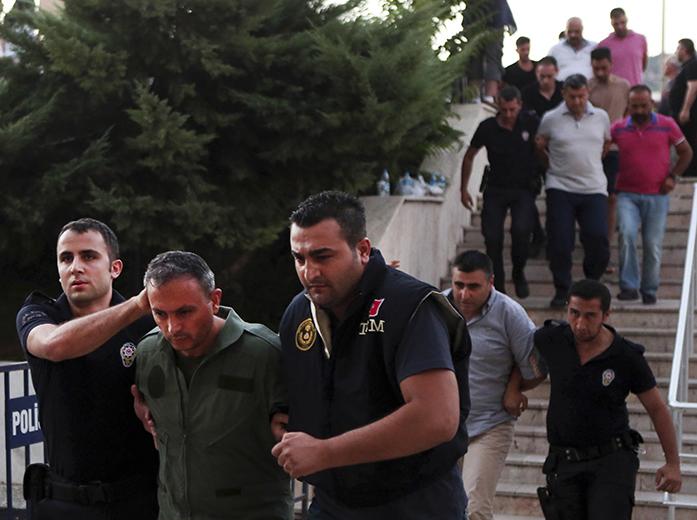On July 15, a coup d’état perpetrated by mutinous factions of Turkey’s military threatened the presidency of Turkish President Recep Tayyip Erdogan until it was all but put down by the night of July 16 with a few isolated skirmishes reported on Sunday. Turkey as a nation represents a precarious balance between secular and religious influences as well as the tug and pull between democracy and the authoritarian tendencies of Erdogan. While the aftermath of the coup is still to be seen, the moment of crisis did illuminate the versatility of democracy often overshadowed by the connotations associated with countries in which the division between church and state can blur.
Democracy by the nature of definition is a pragmatic and versatile ideology; it does not necessitate staunch secularism, although for the purposes of governing a nation consisting of practitioners of numerous religions, secularism can be useful. However, democracy simply means that power is vested in the hands of the eligible population as a whole, and as a result, the shape democracy takes in a specific country will more than likely reflect the population represented.
Erdogan has had a long history of preserving the power of his rule by clamping down harshly on detractors and dissenters not limited to the press both foreign and abroad, leaving some to speculate what course of action will be taken following the blatant threat to his rule presented by the coup. The motivation behind increased authoritarianism is often the threat of uprising from the constituency, which can be perpetuated by the resulting crackdown and thus create a cycle that will result in either forceful regime change or complete dictatorship.
That said, it is interesting to note the response of the Turkish people in protest of the coup even from agencies and institutions critical of Erdogan that often were on the receiving end of Erdogan’s censorship and bullying. If anything the failed coup illustrated, it was less the Turkish people’s faith in Erdogan but rather the ideology represented by having an elected president in the first place, and it is a lesson that should be learned by any world leader on the brink of turning to heightened authoritarianism.
The people took to the streets to defend the government from the military, and given how frequently the situation has been reversed, the quelling of Turkey’s coup should be seen as a victory for democracy, not necessarily Erdogan’s regime. It would be understandable for any leader of a country to wish to crack down on the people following a coup, but in doing so, Erdogan risks weakening the force largely responsible for preserving his power. A shackled population can be ruled more easily than a free one; this is true. The shackles form protection for the government from the people in the event of a revolt, but those same shackles also prevent the government from being protected by the people when the government itself is in need of protection from a threat separate from the general population.
A democracy’s greatest strengths lies in the freedom of the people, not their subservience, and it becomes a cost-benefit analysis when considering retribution against those in the population who have misused their freedom. Erdogan has already detained “at least 6,000 people,” and that is not to say that certain actions must be avoided when quelling a rebellion. However, Erdogan’s greatest tribulation may not come from those responsible for the failed coup. It may be managing the line between restoring stability and oppressing the people out of fear, which could result in inadvertently creating the ideal circumstances for another coup. Except only this time, the people will not rally to Erdogan’s defense.



